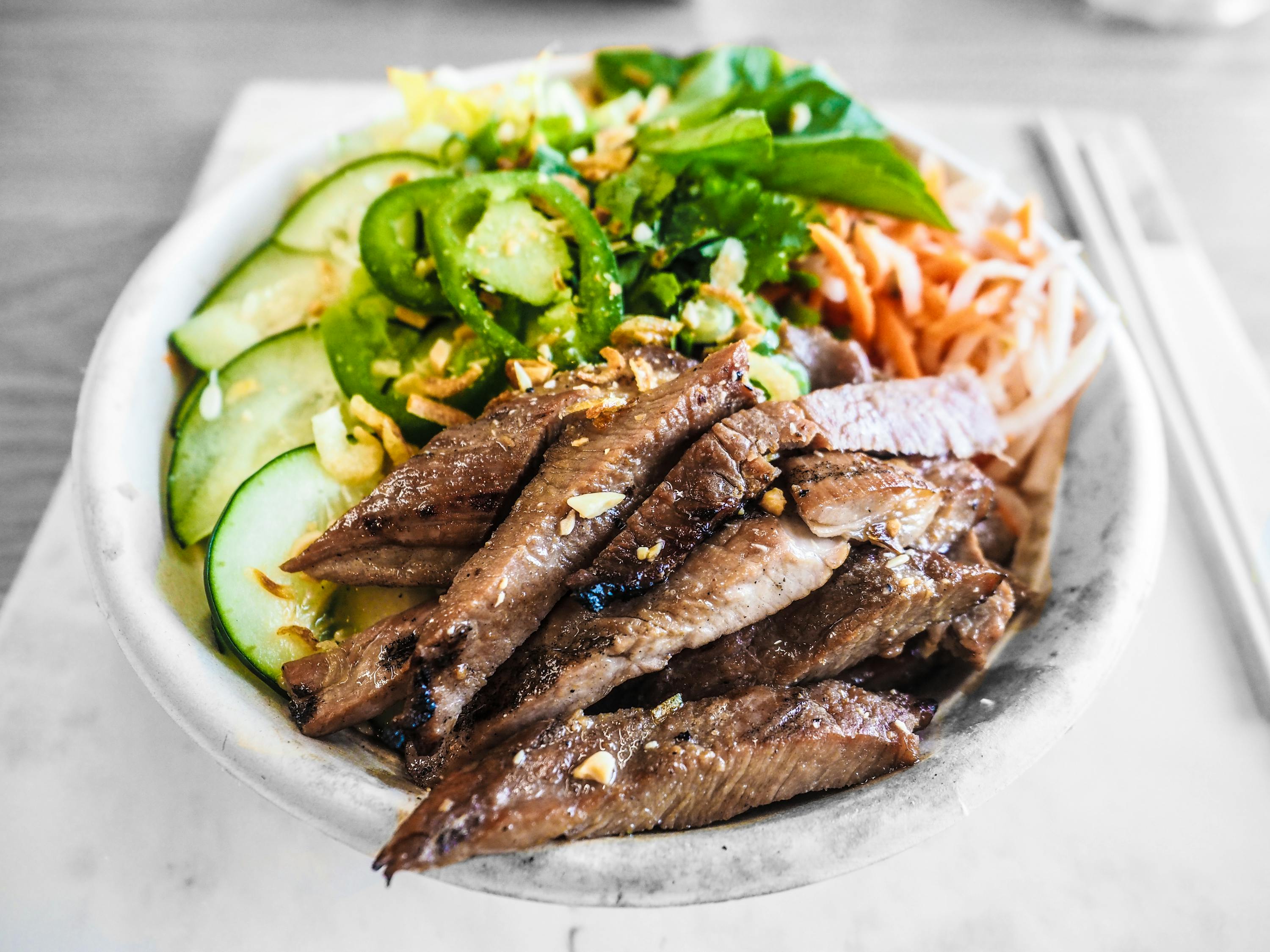Translating the concept of "随心" (suí xīn) into English poses an intriguing challenge. This Chinese term embodies a sense of spontaneity, freedom, and following one's heart. Let's delve into various interpretations and nuances of "随心" and explore potential English translations.
1. Follow Your Heart: This translation captures the essence of "随心" by emphasizing the act of listening to one's inner voice and instincts. It suggests making decisions based on personal desires and intuition.
2. Go with the Flow: This phrase conveys the idea of being flexible and adaptable, similar to the concept of "随心." It implies embracing spontaneity and accepting whatever comes naturally.

3. Follow Your Bliss: Coined by Joseph Campbell, this expression encourages pursuing what brings joy and fulfillment. It aligns with the notion of following one's heart and living authentically.
4. Embrace Freedom: "随心" often implies a sense of liberation from constraints or expectations. This translation emphasizes embracing freedom and making choices uninhibited by external influences.
The most suitable translation of "随心" depends on the context in which it's used:
- If discussing personal decision-making or lifestyle choices, "Follow Your Heart" or "Follow Your Bliss" may be more appropriate.
- For situations involving spontaneity or adaptability, "Go with the Flow" is a fitting choice.
- In discussions about freedom and autonomy, "Embrace Freedom" serves well.
Translating "随心" into English requires careful consideration of its multifaceted meanings. Whether it's about following one's heart, embracing spontaneity, or enjoying freedom, various translations capture different aspects of this concept. Ultimately, the most suitable translation depends on the context and intended connotations.












评论